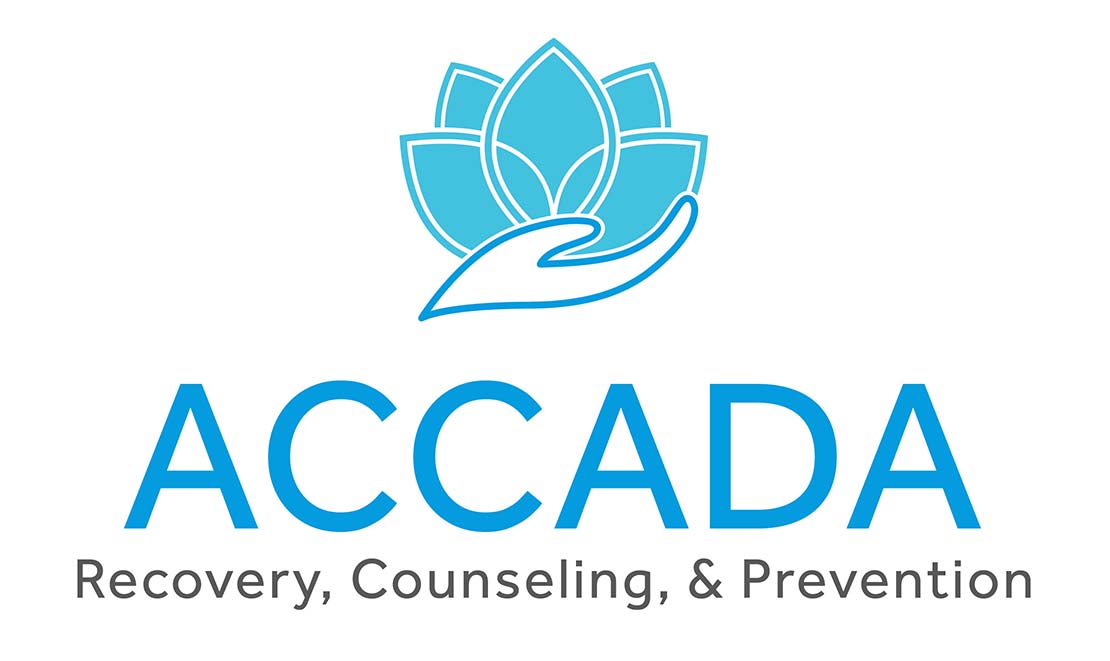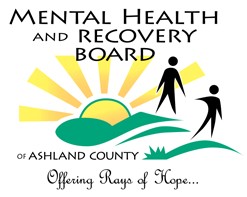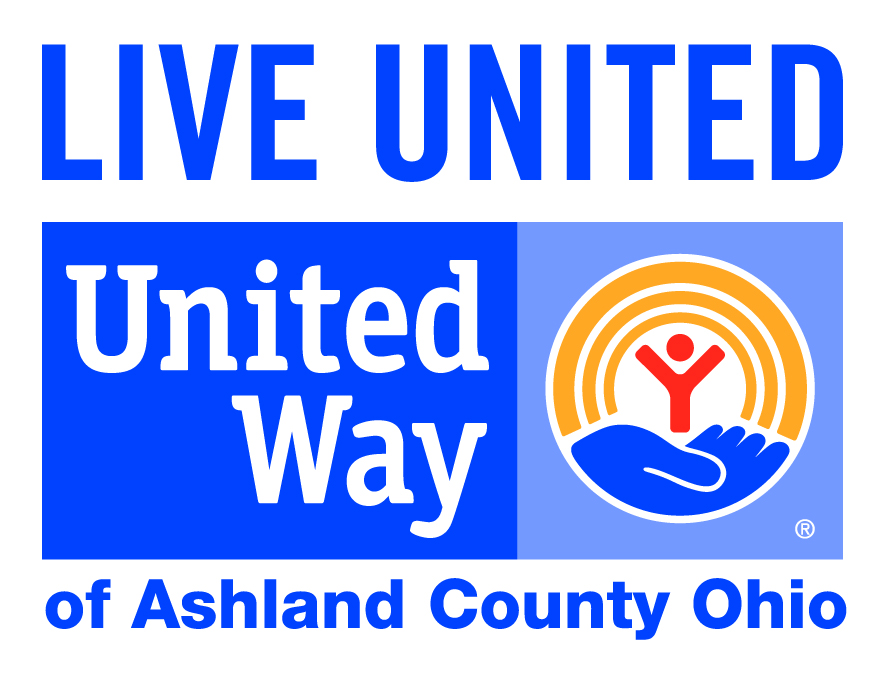The Many Factors of Addiction

There are all kinds of misconceptions about addiction. Many people can’t understand why a person who suffers from addiction can’t just… quit. They assume the person lacks willpower or can’t see the error of their ways. If only they knew how drugs or alcohol were destroying their lives and toughened up some, they could overcome their addiction.
It isn’t that simple.
The reality of addiction and substance misuse is far deeper and more complex than choosing whether or not to use. Why can some people take narcotics to relieve their pain and experience no symptoms of addiction while other people become lifelong addicts?
Your Brain on Drugs and Alcohol
Many people remember the iconic public service announcement from the 80s of an egg in a frying pan. “This is your brain,” the voiceover said, “And this is your brain on drugs.” CRACK! Sizzle sizzle sizzle. “Any questions?”
This poignant advertisement had a way of imprinting on our memories. It changed the way we think about drug use. In a far more serious way, repeated substance misuse has a way of changing the way our brains are wired. Drugs and alcohol can inhibit our self-control and interfere with our ability to resist intense urges to keep using a substance.
Drugs and alcohol manipulate the pleasure centers of our brains. Over time, they hijack our body’s ability to feel pleasure from normal activities, like food, sex, or social activities, because the brain adapts to the substances and reduces the ability of cells to respond to the them. This makes the euphoria from taking a substance harder to achieve, which may lead users to take even more so they can get back to that first experience.
The brain’s need to satisfy its desire for more can impact every area of a person’s life, changing their sense of judgment, their ability to learn and make decisions, their memory, and their behaviors.
It’s important to realize that these are physiological changes to the brain, not behavioral choices a person makes. The brain on substances becomes rewired to only feel satisfied when it has those substances.
Genetics and Addiction
Some brains and bodies are more susceptible to a drug’s manipulative power than others. We know more than ever before about the influence genetics has on our overall health and well-being. This is true of addiction as well.
According to the National Institute for Health (NIH), the genes a person is born with account for about half of a person’s risk of addiction. Some genes may make it harder for a person to quit once they’ve started using a substance. If a parent or grandparent misused substances, their offspring are at a higher risk for addiction. Other health factors may also contribute to a person’s risk, including gender, ethnicity, and the presence of mental health struggles.
Although addiction can occur at any age, a person may be more likely to become addicted if they begin using at an early age, when the brain is still in key stages of development. This is why teen drug prevention programming is so critical in our communities.
Social and Environmental Influences
Factors beyond a person’s control can also contribute to the possibility of addiction. Socioeconomic status, peer pressure, abuse, adverse childhood experiences (or ACEs), parental support, and more can all influence whether a person chooses to misuse substances.
Because of the way drugs and alcohol can damage our brains and our bodies, addiction is considered a chronic disease, and like many other chronic diseases (such as heart disease, diabetes, or asthma) there isn’t really a cure. There is always the possibility that a person recovering from addiction will experience a relapse at some point in their lives. But there are ways to successfully manage addiction, and as mentioned above, prevention programming has seen tremendous success in communities everywhere, including here in Ashland.
Addiction and substance misuse are complicated subjects. People who are struggling with these issues deserve compassion and hope instead of judgment and scorn. ACCADA seeks to provide resources, education, and support to help those who are struggling with substance misuse so that they can manage their addiction, connect with friends and family for support, and live lives infused with meaning and purpose.
Learn more about ACCADA.



